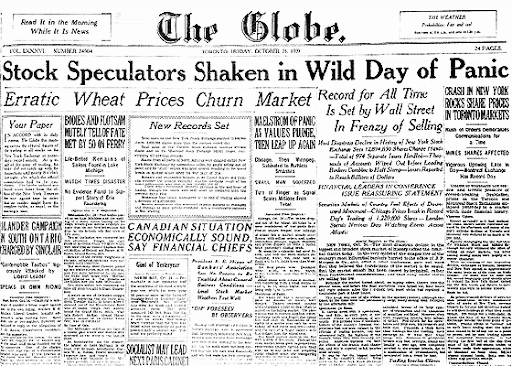
Published on February 4, 2025
Wouldn’t it be nice if the economy just kept growing forever, uninterrupted? Indeed—much like wishing for a perpetual lottery win, it’s a pleasant thought. However, economic cycles don’t work that way.
What Triggers a Recession?
A recession is typically defined as a period of temporary economic decline, often identified by a drop in GDP over two consecutive quarters. A few common causes include:
- Reduced Consumer Spending: When people feel uncertain—about jobs, wages, or future prospects—they tighten their belts, leading to less spending in the marketplace.
- Tighter Lending Practices: Banks may raise interest rates or approve fewer loans, reducing the flow of cash into businesses and households.
- Corporate Belt-Tightening: Businesses cut costs, sometimes through layoffs or reduced investment, further dampening economic activity.
Why We (Reluctantly) Need Them
As unpleasant as recessions can be, they serve a purpose in the broader business cycle. An overheated economy—where too many risky investments or speculative bubbles form—benefits from a reset. Think of it like cleaning out your fridge: inconvenient, but essential to avoid larger problems down the line.
A Cautionary Tale: The Great Depression
One of history’s starkest examples is the Great Depression (1929 onward), where unemployment soared to around 25% in some regions.1 This global downturn reshaped economic policy worldwide, spurring the creation of new financial regulations and social safety nets. It underscores just how severe a recession can become if underlying issues—like bank failures or unchecked speculation—go unaddressed.
Can We “Skip” Recessions Entirely?
In an ideal scenario, policymakers might engineer a perfectly stable economy. Yet, the reality is that cycles of expansion and contraction appear inevitable. Central banks and governments can try to smooth out these fluctuations—through monetary policy, fiscal stimulus, or regulatory oversight—but entirely eliminating recessions remains a challenge, if not an impossibility.
Final Thoughts
Recessions may feel like an inconvenient detour, but they also function as a self-correction mechanism for an overheated or imbalanced economy. Despite the hardships they bring—particularly job losses and reduced consumer confidence—these downturns can pave the way for healthier, more sustainable growth in the long run.
So, while we can’t simply skip recessions, understanding why they happen and how they reset economic fundamentals gives us a bit more clarity—and maybe a little less dread.
1 Kindleberger, Charles P. The World in Depression, 1929–1939. University of California Press, 1973.